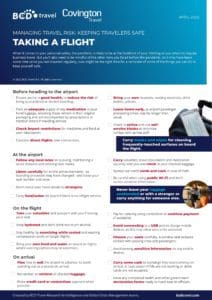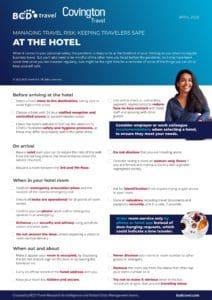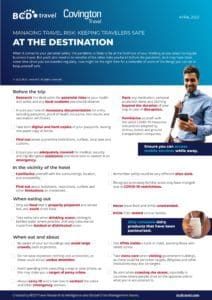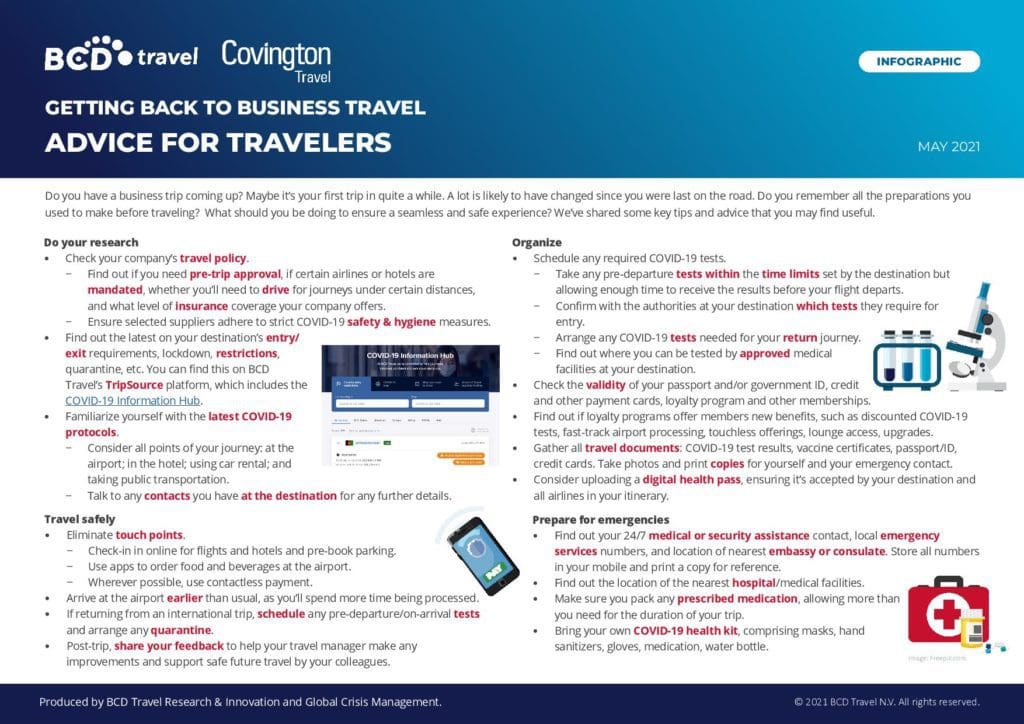
As a savvy business traveler, you know the challenges of navigating diverse cultural environments. Whether attending a conference in your hometown or sealing a deal halfway around the world, intercultural competence is the secret weapon for building meaningful connections and achieving your goals.
Why Intercultural Competence Matters
At Covington Travel, we understand the importance of intercultural competence for modern business professionals. This crucial skill set allows you to effectively communicate, build trust, and forge productive relationships across cultures. Here’s why it should be a top priority:
Build Resilient Global Partnerships
Understanding and respecting cultural differences is an indispensable skill in our increasingly interconnected world. Intercultural competence empowers you to navigate diverse communication styles, values, and expectations easily. When you demonstrate cultural sensitivity, you position yourself as a valuable partner, facilitating smoother negotiations and collaborations.
Avoid Costly Misunderstandings
Cross-cultural miscommunications can quickly derail even the most promising business opportunities. With strong intercultural competence, you can decode subtle nuances, read between the lines, and ensure your message resonates across cultures. This proactive approach prevents misunderstandings, saving you time, money, and frustration.
Elevate Your Professional Image
As a business traveler, your ability to adapt and thrive in diverse environments is a true competitive advantage. By showcasing intercultural competence, you project an image of professionalism, cultural intelligence, and respect – highly valued qualities in the global marketplace.
Key Elements of Intercultural Competence
So, how can you develop this essential skill? Intercultural competence is a multi-faceted journey that involves:
1. Self-awareness: Understand how your own cultural background shapes your communication style, values, and assumptions. Travel Maestro tip: Build rapport by showing interest in local culture and traditions. For example, in Japan prioritizing group consensus demonstrates cultural awareness.
2. Cultural Knowledge: Actively research the cultural norms, customs, and business practices of the environments you’ll be navigating. Travel Maestro tip: Research basics like greeting customs and hierarchy/formality expectations. Learn simple phrases in the local language. In China, business cards are exchanged with two hands and a slight bow, while in the United States, a simple handshake is the norm.
3. Communication Agility: Adapt your communication approach to different cultural contexts, mastering active listening, clear language, and nonverbal cues. Travel Maestro tip: Avoid interruptions until comments are fully voiced. In some cultures, silence is considered respectful, while others might interpret it as disengagement.
4. Empathy and Respect: Approach new cultures with genuine curiosity, an open mind, and a commitment to avoiding stereotypes. Travel Maestro tip: Instead of assuming everyone enjoys American-style humor, ask your international colleagues about their preferences and be mindful of cultural sensitivities.
At Covington Travel, we can provide curated cultural guides, recommend language tools, and share success stories to cultivate your intercultural competence. Embrace this vital skill – it’s key to unlocking new opportunities on every business trip.
In today’s globalized business landscape, intercultural competence is a business necessity. Trust Covington Travel to be your partner in mastering the art of cross-cultural communication.






Leave a Reply